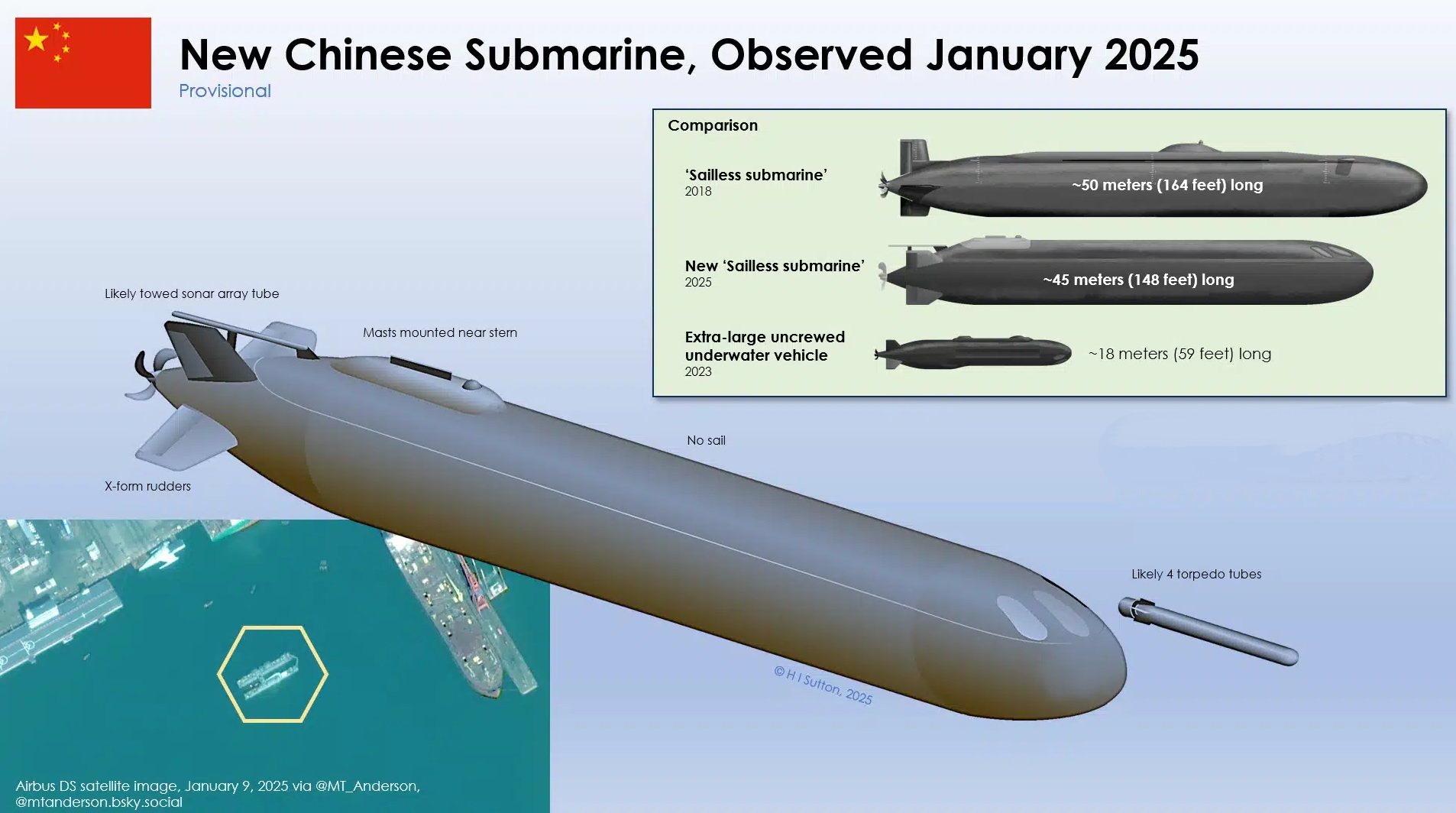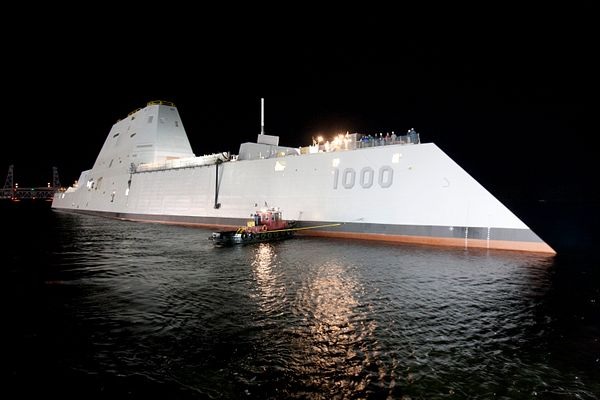ISRO Successful in Sea Level Hot Test of CE20 Cryogenic Engine Marks Breakthrough in Indian Space Propulsion

The Indian Space Research Organisation (ISRO) has achieved a significant breakthrough by successfully conducting the sea level hot test of its CE20 cryogenic engine. The test, performed on November 29, 2024, at the ISRO Propulsion Complex in Mahendragiri, Tamil Nadu, represents a pivotal moment in India's pursuit of advanced space propulsion systems. This test also marks a step forward in addressing the complexities of sea level engine testing for high-performance cryogenic engines.
What is the CE20 Cryogenic Engine?
The CE20 cryogenic engine is an indigenous creation of ISRO's Liquid Propulsion Systems Centre (LPSC). It is the powerhouse of the upper stage of the LVM3 (Launch Vehicle Mark-3), also known as GSLV Mk III, India's heavy-lift rocket. This engine operates on a cryogenic fuel combination of liquid hydrogen (LH2) and liquid oxygen (LOX), offering a high specific impulse critical for launching heavier payloads into geosynchronous and interplanetary orbits.
Key specifications of the CE20 engine include:
- Thrust Capacity: Recently qualified for 20 tonnes for the Gaganyaan mission, with an enhanced capability of 22 tonnes for future missions.
- Nozzle Area Ratio: 100, facilitating efficient expansion of exhaust gases in a vacuum.
- Restart Capability: Enabled by a multi-element igniter, essential for missions requiring engine reignition in space.
Challenges of Sea Level Testing
Testing the CE20 engine at sea level is inherently challenging due to the engine's high nozzle area ratio. Such a design, optimized for operation in near-vacuum conditions, generates an exit pressure of just 50 mbar. At sea level, this pressure difference can lead to:
- Flow Separation: Turbulent flow inside the nozzle, causing thermal and mechanical stresses.
- Vibrations and Structural Risks: Potential damage to the nozzle due to irregular gas dynamics.
Traditionally, ISRO relied on its High-Altitude Test (HAT) facility for flight acceptance tests, which, while effective, introduced added complexity and cost. To overcome these hurdles, ISRO has developed an innovative Nozzle Protection System (NPS) that enables safe and cost-effective testing of the CE20 engine at sea level.
Key Achievements During the Test
The test successfully demonstrated the following:
- Multi-Element Igniter Functionality: A crucial component for engine restart capability, only the first igniter element was activated, while the others were monitored to ensure reliability.
- Vacuum Ignition Without Nozzle Closure: Previously validated in ground tests, this capability underscores the engine's readiness for in-space conditions.
- Operational Stability: The engine achieved expected performance parameters without any anomalies, reinforcing its readiness for future missions.
A Workhorse for India's Space Ambitions
The CE20 engine has already powered six LVM3 missions, including the Chandrayaan-2 and Chandrayaan-3 lunar missions. Its recent qualification for thrust levels up to 22 tonnes aligns with ISRO's vision of enhancing LVM3's payload capacity, particularly for demanding missions like Gaganyaan and interplanetary expeditions.
Future Implications
The successful sea level test signifies a leap forward in cryogenic engine technology. It simplifies and reduces the cost of engine acceptance testing, paving the way for more efficient validation of advanced propulsion systems. This milestone strengthens India's position in the global space race, ensuring ISRO remains at the forefront of cutting-edge space exploration.
By conquering the challenges of cryogenic propulsion, ISRO is not only advancing its technical prowess but also contributing to the broader goals of space accessibility and scientific discovery.



